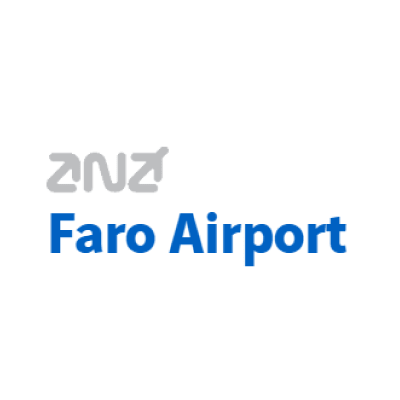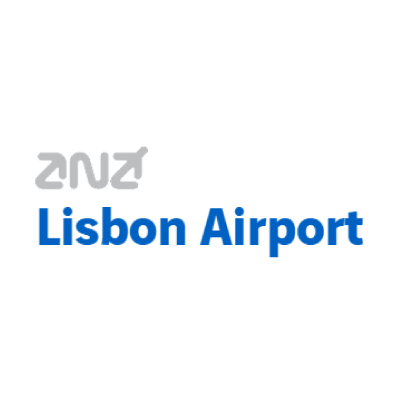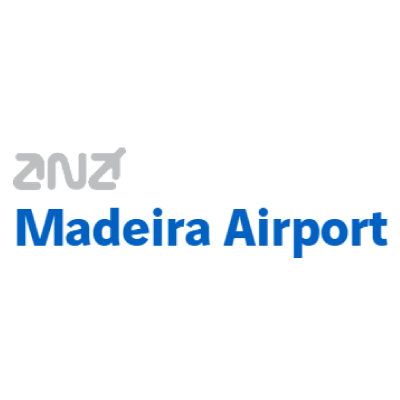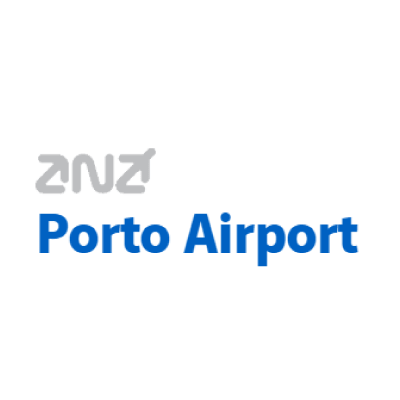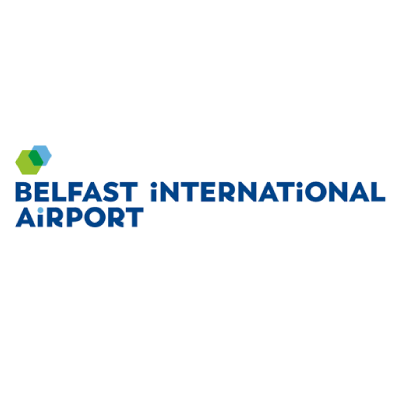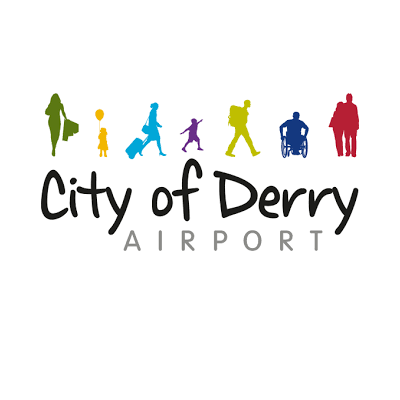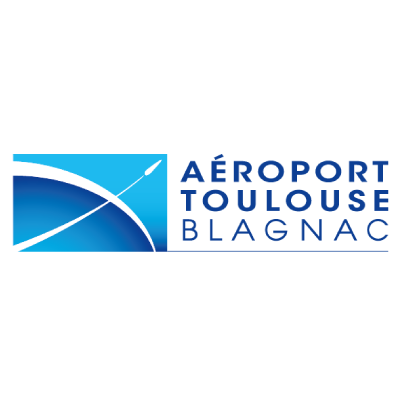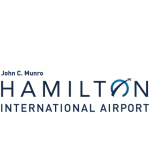Travel and Tourism is a massive industry, accounting for 10.4% of global GDP and 313 million jobs in 2017 and with a value of over $7.6 trillion US in 2016. The rise of the experience economy, in particular across the generation of 18-34-year-olds known as Millennials, has seen a shift towards destination branding as a long-term strategy. Consumers are reigning in spending on material goods in favour of experiences, with 85% saying that spending money on travel is an investment worth making (American Express).
According to Trekksoft, budgets are increasing year on year too, with the average international trip for American travellers now costing $6,080 and travel spending on desktop averaging at 350 to 460 euros-per-purchase as of January 2018.
In 2013, the first ever industry report published on airport marketing trends identified key points from across the globe. The report highlighted the importance of brand advocacy and storytelling, both of which are central to destination marketing.
Trends in Destination
In 2018, Kayak released its Travel Hacker Guide, which lists trending destinations – those places with the greatest year-on-year increase to February 2018. Trekksoft reports that destination is high on the agenda for travellers.
While it’s still true that many travellers decide on a destination based on predetermined factors such as concerts, festivals, other cultural events, or family and friends who live abroad, two in every five travellers choose their destination completely independently of other considerations, according to Phocusright’s US Consumer Travel Report Tenth Edition.
And those travellers who select a place to visit for reasons other than personal or social obligations have deeper motives to connect with their destination.
45% have a travel bucket-list, with 82% of those aiming to tick one or more destination off that list in the coming year. Priorities range from seeing one of the wonders of the world to experiencing a local cuisine, visiting a world-famous theme park or attending a unique cultural event.
Some travellers hope to revisit a favourite childhood location. According to Booking.com, 34% of travellers would consider reliving a holiday they had experienced as a child, and 44% of Millennials are interested in returning to family destinations.
And as health and wellbeing trends become more ingrained in lifestyle choices, the interest in vegan and vegetarian cuisine, food photo workshops and eco hotels has increased.
Destination and Brand
Despite the influence of such external trends, destination marketing is, in essence, a very pure form of brand marketing. In order to succeed, the Destination Marketing Organisation (DMO) must build belief in its brand. DMOs not only want to attract people to the destination, they want travellers to visit their brand, immerse themselves in everything the brand has to offer, and to share their experiences both during the holiday and once they return home.
In simplistic terms, this is the ideal pattern for any type of brand marketing – satisfied customers become brand ambassadors, spreading positive awareness and increasing reach. Destination marketing, rather than existing as a footnote in the marketing sphere, can perhaps provide a metaphor for a model marketing experience.
If you think about the best places you’ve ever been, places you’d love to go back to and miss when you leave, these are destinations that have allowed you to recharge, energise and relax. In essence, all brands want to offer enjoyment, solace, confidence, community and value to their customers. They want customers to ‘stay’ with their products, to explore and enjoy them in the same way that travellers explore and experience a destination. In this sense, destination marketing has a lot to offer by the very nature of its product, the destination.
But how can your airport use this model to develop ticket sales?
Destination marketing and travel sales
Connection with the traveller begins right at the “I want to get away” moment – the point at which the customer begins researching a trip. This is an opportunity to direct fact-finding and research towards your destination.
Use destination marketing content to influence the buying journey:
- Develop a presence on any relevant travel sites, those places where people turn for inspiration
- Play a strong Instagram game – modern travellers use the photo-sharing platform to check out holiday ideas
- Use hashtags to make sure travellers can tag your destination on arrival and during their stay, influencing other social media users
Make booking easy
It’s vital to offer visitors a smooth checkout journey once they reach the booking stage. Make sure your site gives them all the information they need. Comprehensive destination guides, links to social media profiles and online reviews all help build confidence. An integrated flight ticket booking system like Rezcomm Travel allows visitors to your airport website to book their holiday direct, on a brand-matched, secure checkout. Rezcomm Travel also offers an inspirational search tool where travellers can look for destinations according to their interests and preferred travel schedule. The tool can include content such as destination guides, maps, special offers, weather guides, images and videos.
It is essential to make sure your website is up to date and functional. There’s no point driving potential customers to your site if it’s not set up to convert.
Build ongoing customer relationships and attract new leads
An integrated marketing system like Rezcomm enables your airport to gain leverage from customers by emailing them after their trip. Automated, personalised emails can be generated to ask for customer feedback and encourage travellers to share photos or videos on social channels. This interaction will improve your customer’s relationship with your brand and increase the likelihood of a repeat booking.
Rezcomm’s system also includes sophisticated CRM software. This feature is integral to understanding your customer. Before marketing any product, it is essential to understand your key customer demographics. Who is it you are trying to attract, and what content do you need to create in order to encourage them to visit your destination? This information can be used to create buyer personas, which can be used to form a coordinated marketing plan.
What sort of content encourages destination FOMO?
There are so many options when it comes to content. What you create will ultimately depend on the goals you want to achieve and what your customer needs. You’ll establish this when developing your brand personas.
Some ideas:
- Create high quality local area guides that cover all the special things to do, particularly unusual or destination-specific things that make readers feel they are really discovering the area. These place you as an authority and are also highly shareable
- Use video – it really has become the dominant form of content and generates more attention than static images
- Travellers trust other travellers more than they will ever trust a brand. Leverage happy customers by encouraging them to share their experiences online, building user-generated content such as photos, reviews or a Facebook tag. This improves brand advocacy and should lead to more sales
- Influencer marketing is a technique by which a brand teams up with a blogger whose content is relevant to its target audience or niche. Use of influencers to increase reach is becoming increasingly popular within the destination sector. By inviting an influencer who is already trusted by their thousands of followers on Instagram, Twitter or YouTube you can expect those followers to be inspired to plan a trip
Destination marketing and route awareness
Destination marketing can be used to raise awareness of new or underperforming routes. Targeted email campaigns can offer discounts and other incentives to book to new destinations, particularly emphasising the chance of a new, unique experience. Make sure that the content on your website profiles new destinations and devise a marketing plan to increase interest in the new route.
Rezcomm Travel contains all of the tools necessary to create timely, targeted campaigns, backed up by a full suite of reports and analytics to ensure marketing stays on track.
Destination marketing and SEO
Search Engine Optimisation (SEO) is integral to any digital marketing strategy, driving customers to your airport website via online platforms.
What is SEO?
SEO is a collection of tools and best practices that help your website rank higher in search engine results. This drives more traffic, and potentially more business, to your airport’s site. This used to be done using keywords, but in 2018 there are more considerations at play, and these can be achieved through destination marketing.
SEO relies on the same basic principal as marketing – knowing your target customer. There is no point spending time, thought and money attracting more traffic to your online flight ticket booking page if those people who land on the page aren’t interested in what you have to offer. Your CRM system will help categorise customers and prospects by search criteria – how they’re searching, location and other factors. The more specific you can be, the more effective your SEO strategy.
Keep up to date
- Mobile long overtook desktop as a search platform. Make sure your site is optimised for mobile search and checkout
- Constantly monitor and track your progress. Destination trends are constantly changing, and SEO should reflect this
- Search engines are expanding. Despite the integration of Google continuing to the extent that ‘Googling’ has become an accepted verb, a significant proportion of searches take place on sites other than Google. Check your ranking on sites such as Bing
- Searcher habits are changing too. People now commonly use conventionally worded questions in online searches rather than the more stilted searches of a few years ago. Consider focusing on keywords that translate into conversations
Simple navigation and top-quality content will boost your traffic. For strong SEO, each page needs to be built around keyword themes, and this is ideal for content that focuses on marketing a destination. Content should be natural and focused so visitors interact with it positively, boosting your search-engine ranking. A higher ranking for destination-based content should translate into more bookings as your website becomes a valuable resource for people to research their trip.
Social media has an important role. It has grown from a communication channel to a highly profitable marketing platform. Many travellers gain inspiration and start their holiday research on social media before making their way to your airport website. Sharing up-to-date, engaging, and personalised content will attract more people to your profile where you can then guide them onto your website.
Destination marketing for airports
Gone are the days when the airport was merely a passing-through place. In order to survive and thrive in a growing industry, airports must promote destinations and actively work to attract direct bookings. The potential for long-term customer relationships can only be beneficial to the airport and its travel partners.
If you would like to speak to Rezcomm about our integrated e-commerce and CRM software or if you would like help and advice on building your destination marketing strategy, contact the team today.

